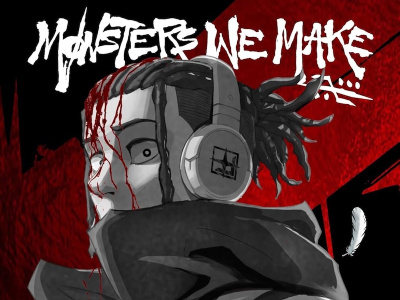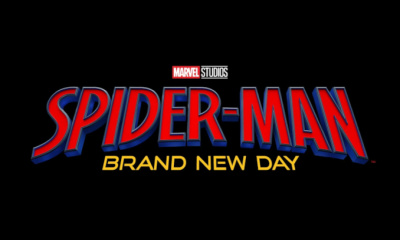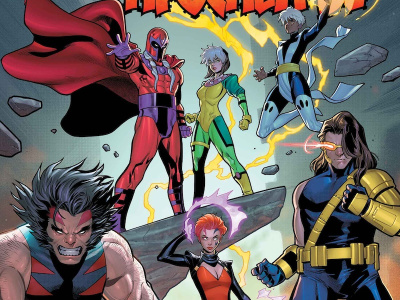Writing in Variety Stephen Zeitchik wonders if Marvel and DC have run out of top tier characters. Zeitchik bases much of his discussion on Marvel's poor 3rd quarter earnings (see 'Marvel Quarterly Report Disappoints'). Although the Fantastic Four movie did $150 million at the box office, Sin City, which was made for a fraction of what the FF cost, managed to earn $74 million--but even more damaging to Marvel according to Zeitchik is the fact that FF merchandise flopped, which put a definite hurt on Marvel's licensing revenues. Since the Fantastic Four movie earned about as much as the first X-Men film, it's a little premature to write off the FF just yet, but one does wonder whether the FF sequel will be able to build on the performance of the first film, and whether or not Captain America or any of the other Marvel characters will be able to approach the success of Spider-Man or the X-Men at the box office or in generating licensing revenue.
Zeitchik sees an increasing interest among Hollywood producers in the world of indie comics where rights are less expensive and expensive special effects are not always required. But although the indie-based Ghost World was a critical success (and sold a lot of books for direct market retailers), it took in only $6.2 million at the box office, far less than a Marvel 'flop' like the Punisher ($34 million). Will Hollywood producers be satisfied with modest profits from modest indie-based productions? Will Marvel be able to change the equation with its new movie-making deal that should provide a much larger share of the box office take and lessen its dependence on both Hollywood and on licensing (see 'Marvel Gets Financing, Changes Name'), a method that DC, because of its corporate ties to Warner Bros., can only envy? Will Marvel be able to adapt if audiences tire of spandex heroes?
Although Marvel doesn't have much in the way of 'indie' style properties (Mort the Dead Teenager excepted), DC with its Vertigo imprint, does -- and the strong performance of Constantine on DVD could easily lead to the production of a number of modestly budgeted screen adaptations of Vertigo properties. In 2005 DC successfully revived its Batman movie franchise and also scored a stealth hit with A History of Violence based on John Wagner's graphic novel. In the long run DC, which was unable to mount a major superhero smash hit movie for more than a decade prior to Batman Begins, may be in a stronger position to weather changing market trends in Hollywood than Marvel, which had the 21st century superhero moviemaking field virtually to itself until last summer and which has used the clout it has acquired to fashion a most advantageous method to finance and distribute its films. The relationship of the comic book world to movie industry over the next couple of years and the relative positions of Marvel and DC in the battle for supremacy on the silver screen should provide excellent entertainment, and fodder for industry observers like Zeitchik.







